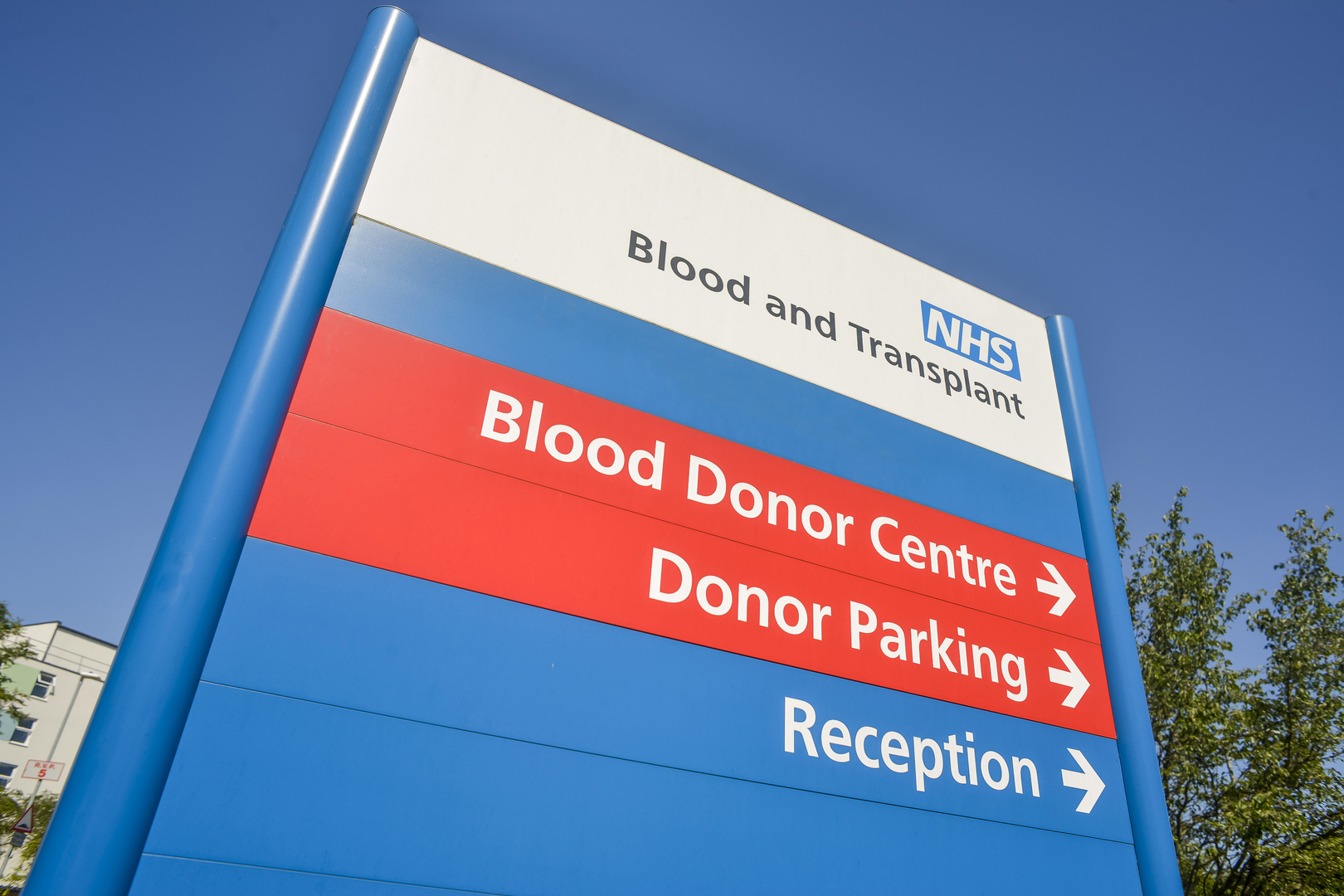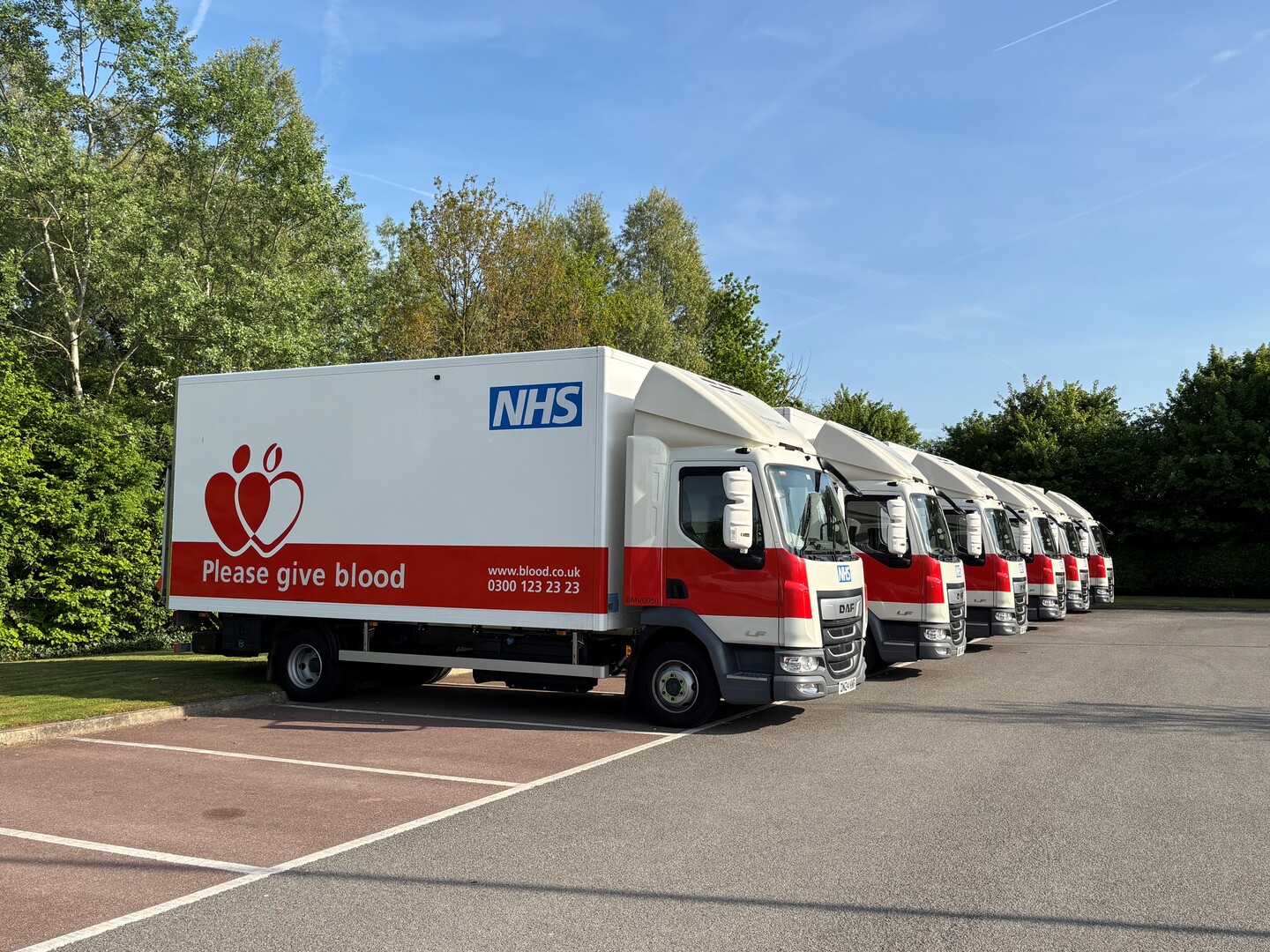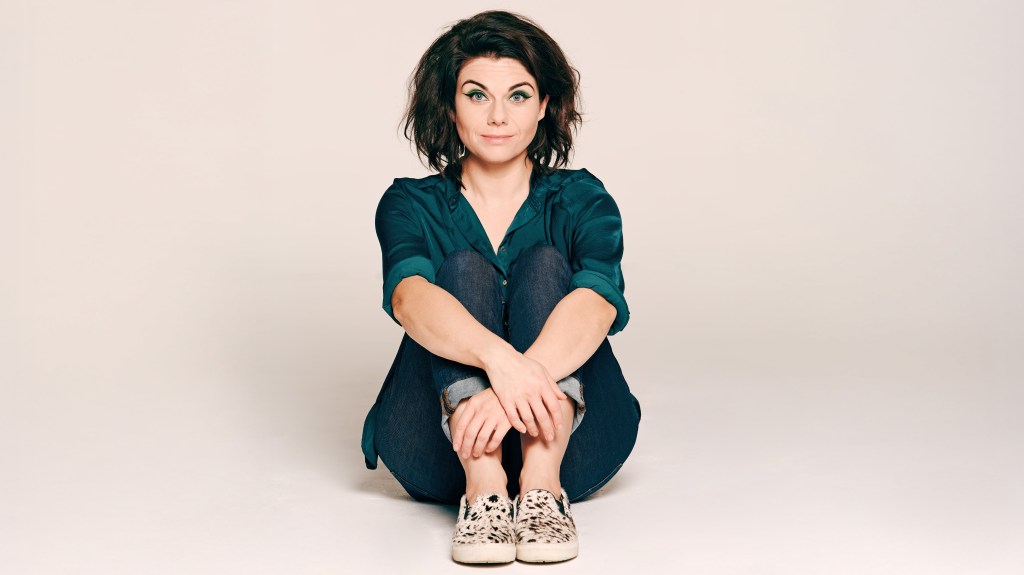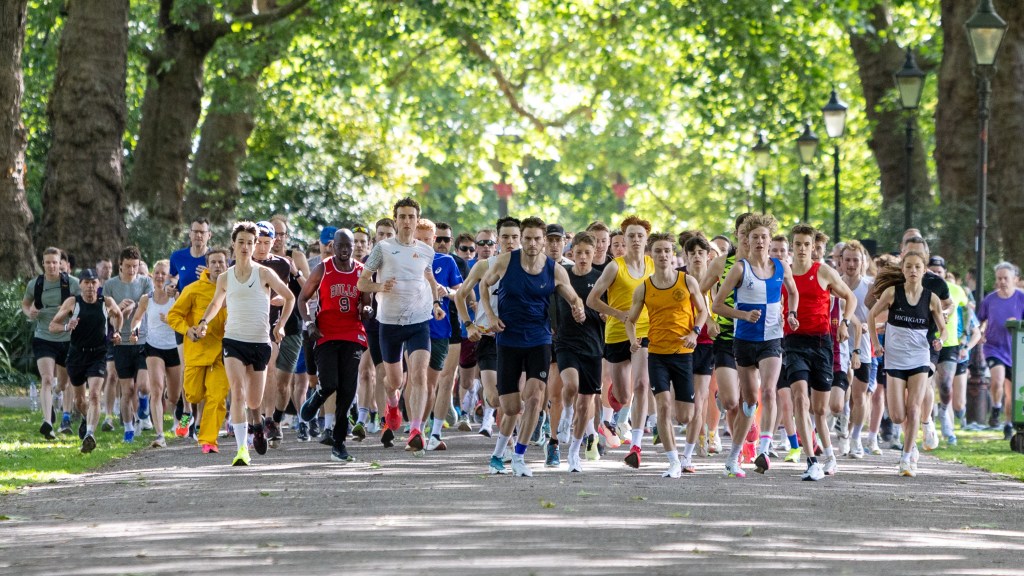How to Save a Life in Just 20 Minutes – While Enjoying a Biscuit
We often hear about the importance of gratitude. Many people are encouraged to keep gratitude journals or list the things they are thankful for.
As I’ve grown older, I’ve added a different layer to this practice. I express my gratitude through actions, particularly here in this church hall, which carries the familiar scent of old radiators, warm dust, polished floors, and tea.
Speaking of tea, a large samovar rumbles softly at the back of the hall, today working overtime. While church halls typically serve tea for social gatherings, today they serve a deeper purpose; north London is participating in a blood donation event.
“Could I have your name, age, and address, please?”
The parking lot is filled with large trucks, akin to a movie set. One might expect to see an actress like Emma Thompson stepping out of a trailer or perhaps some quirky extras from a sci-fi series.
However, this isn’t a filming location; it’s the blood donation service. The story here revolves around the ongoing and remarkable function of the NHS, making its rounds throughout the year to neighborhoods, encouraging people to contribute to one of humanity’s most vital acts: donating blood to those in critical need.
I grab the clipboard and find a seat, relishing the fact that I can safely tick “no” on every medical question: no heart conditions, not recently pregnant, no recent tattoos, no coughs, nor unprotected sex with new partners in the last six months. My life is comfortably uneventful, and I prefer it that way — it’s much simpler than adapting to a situation involving a new partner at my age.
“Let’s proceed with your blood test,” an attendant says.

They need to verify that I’m not anemic. I’ve struggled with this before. I didn’t realize that taking iron supplements in the morning, followed by a large cup of tea, negates the iron’s benefits. I’ve been sent home three times for having insufficient iron levels.
Today, a nurse pricks my fingertip and collects a blood drop in a small glass phial of copper sulfate. Watching the drop resemble a tiny red bead, I observe as it sinks slowly—indicating my blood’s iron content and its suitability for donation.
I feel a sense of pride as it descends.
“Someone’s been eating their spinach!”
I have indeed! Alongside my spinach, I’ve switched to taking iron supplements at night and avoiding tea before bed.
Now, I move into the main donation area, a space always filled with good intentions. Everyone here has come to make a positive impact by giving part of themselves to an anonymous recipient.
Nearby, a father in his thirties is explaining blood components to his toddler, who is comfortably seated in her stroller. He’s sharing details about white and red platelets, as if a two-year-old would find that riveting. She is probably more captivated by the environment than his scientific explanations.
Next to them sits a sharply dressed businessman, embodying a persona likely filled with authority outside of this context. Yet today, he’s stepped away from his high-pressure role, perhaps driven by a recent personal experience that prompted this act of kindness.
I often forget that I feel emotional during these donations, and I do. As I settle on the donation bed and observe the needle delicately enter my vein, I remain in awe of this process. It’s a profound act of compassion.
This space represents an opportunity to give love—not directed at a specific person, but in a broader sense, to humanity itself. You reaffirm your commitment to the well-being of others. In essence, you’re saying you don’t want anyone to suffer in vain.
Somewhere, in a critical moment, another person’s world may unravel, leading to emergency services and family members frantically hoping for a miracle. And that miracle can be facilitated through donations like mine.
As I relax in the donation chair, I think about how remarkable it is to easily give something life-changing. Many dream of grand acts of heroism, yet in reality, the opportunity often does not present itself.
Donating blood may be the most significant contribution one can make. A quick procedure that takes mere minutes can result in saving a life. You might never fully comprehend how your actions could affect the world positively.

This is the reality: a team of diligent nurses quietly preparing blood supplies for emergencies, whether they’re caused by accidents or routine medical needs. The only universally accessible reserve we have is a blood bank—a reserve that anyone could potentially rely on someday.
Reflecting on my experience on the way home, I feel uplifted. It’s similar to leaving a museum or a concert—those places where humanity shines. It’s incredible that we can create spaces that celebrate our creativity, intelligence, and kindness. If you’re considering a way to be hopeful, think about blood donation. You can save a life in just 20 minutes while enjoying a biscuit, becoming the relaxed hero anyone can aspire to be.
Three weeks later, I receive a text notification—right after confirmation about a pickup order. It reads, “Your blood donation was utilized today at Addenbrooke’s Hospital, Cambridge. Thank you.”
There won’t be a more gratifying message this year. I truly appreciate this experience and the opportunity to give back.




Post Comment